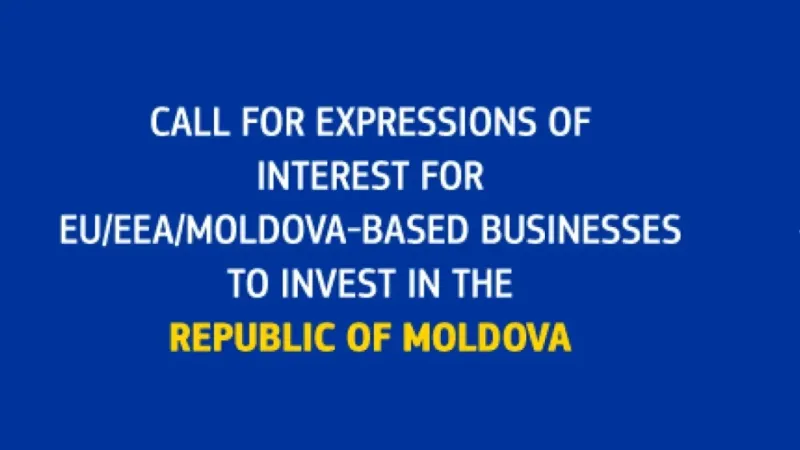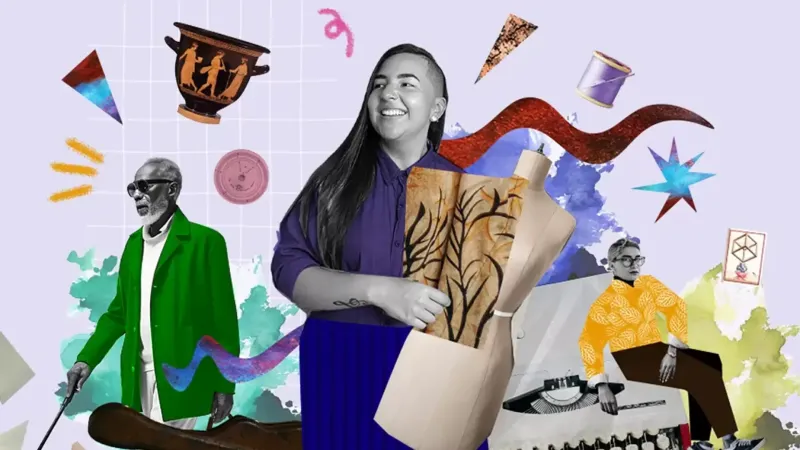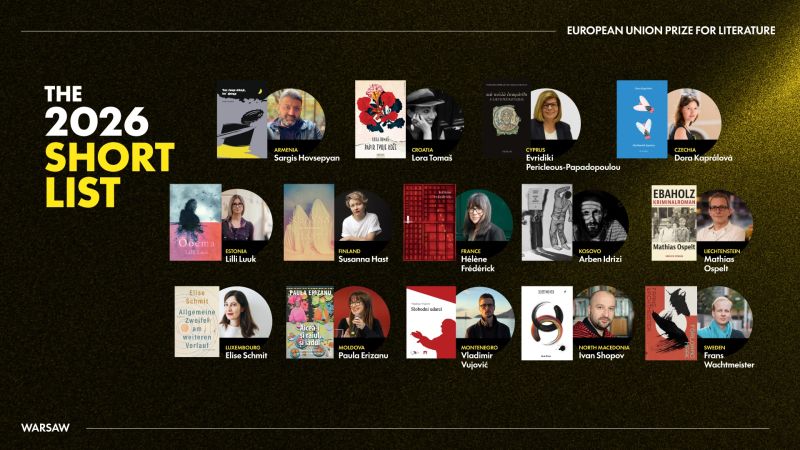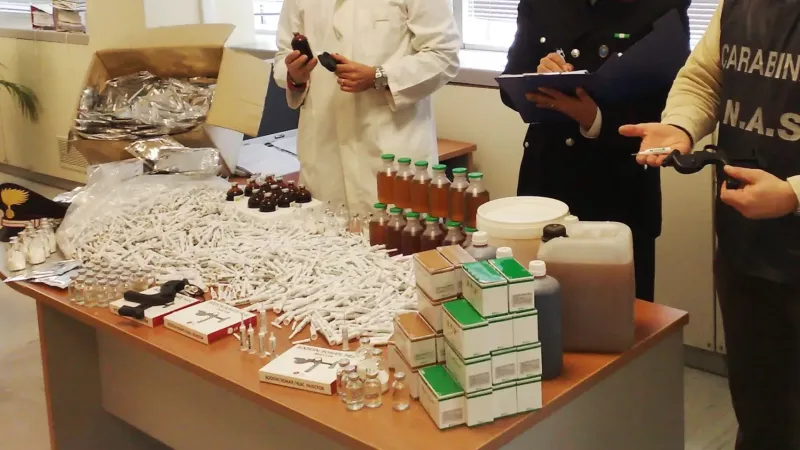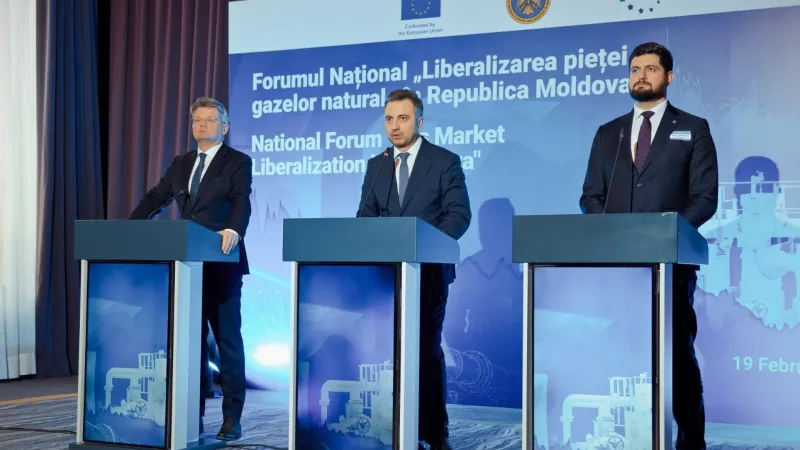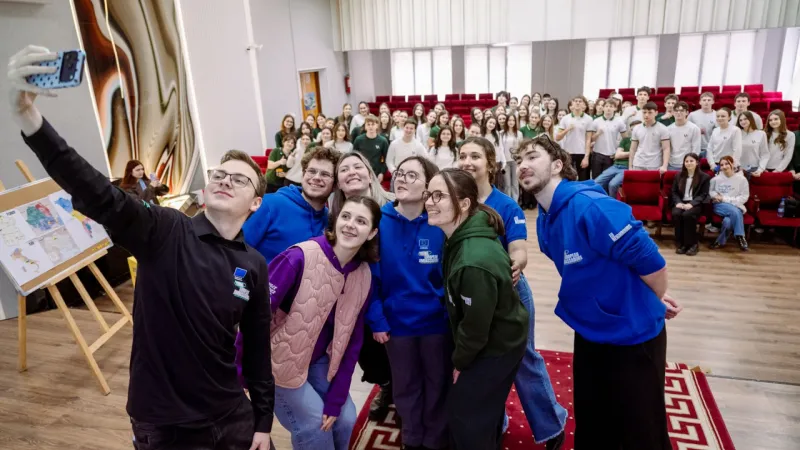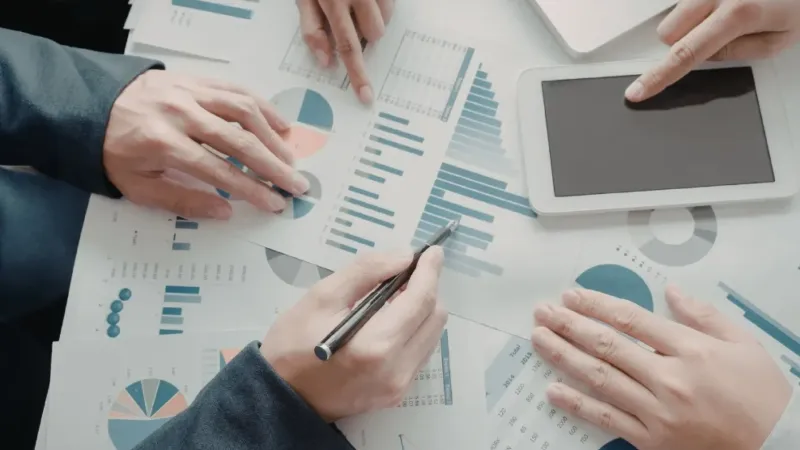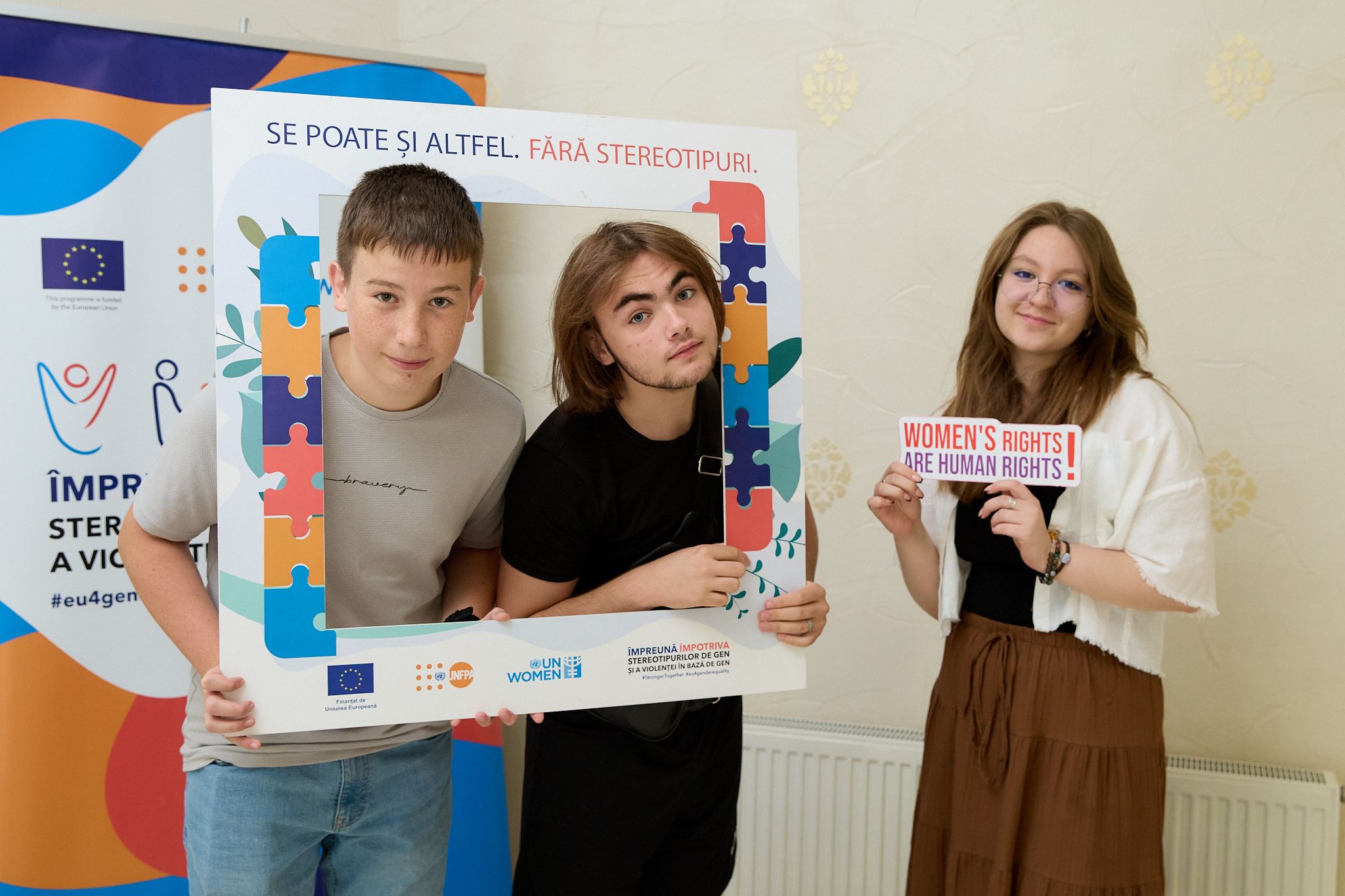
The EU Supports Youth Initiatives for Gender Equality
In a world where traditional norms and gender stereotypes still heavily influence relationships and opportunities, young people in the Republic of Moldova are becoming increasingly aware of their role in building an inclusive and fair society, actively promoting respect, challenging prejudice, and preventing violence in relationships.
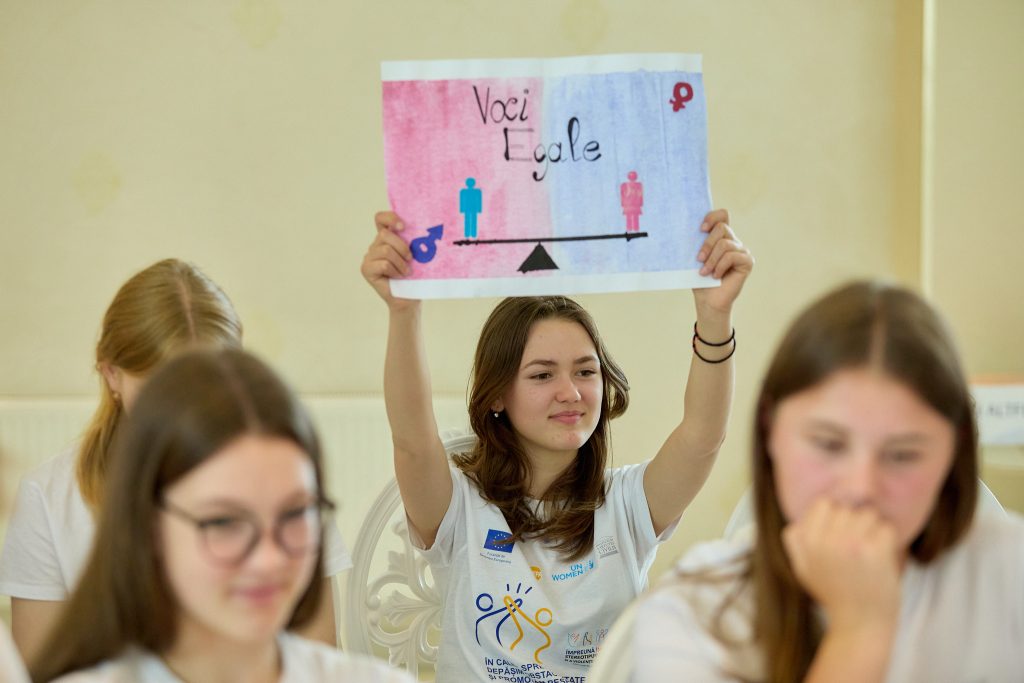
International Youth Day, marked annually on August 12, is an opportunity to celebrate the contribution of the younger generation in addressing inequalities that persist in society. Thanks to the support of the European Union, over 300 young people from across Moldova are now better equipped to identify common gender stereotypes and, through competitions and interactive activities, contribute to promoting gender equality in their families and communities.
These activities were carried out as part of the second phase of the EU4GenderEquality: Together Against Gender Stereotypes and Gender-Based Violence programme, funded by the European Union and jointly implemented by UN Women and UNFPA. The initiative, which covers the Eastern Partnership countries (Armenia, Azerbaijan, Belarus, Georgia, Moldova, and Ukraine), aims to challenge gender stereotypes and harmful social norms, including by engaging young people as drivers of change.
Gender Equality: Between Statistics and Perceptions
A survey conducted among participants of the first phase of the EU4GenderEquality programme revealed that most young people advocate for equal rights and opportunities, viewing gender equality as beneficial both for individuals and for society at large. At the same time, participants were less likely to agree with the misconception that more rights or jobs for women would mean fewer opportunities for men.
In numbers: 75% of young programme participants believed that men and women should equally share family and household responsibilities (compared to 60% among non-participants). Similarly, the perception that career advancement is more important for men than for women was less common among participants (16%) compared to non-participants (33%).
Positive progress in gender equality is also confirmed by international reports. In 2025, the Republic of Moldova ranked 7th in the Global Gender Equality Index, climbing six places compared to the previous year. According to the report’s authors, this significant leap was largely due to progress in political participation (+7.5 p.p.) and economic opportunities (+1.6 p.p.).
These figures are supported by changes in perceptions observed during discussions with young people. Today’s youth are less likely to accept phrases like “boys don’t cry” or the idea that “women must take care of the home and children” without questioning them. They understand that stereotypes not only limit individual potential but also perpetuate a culture of inequality and abuse.
More and more young people are also able to recognize the signs of toxic and unhealthy relationships — such as control, emotional manipulation, lack of communication, or disrespect for personal boundaries. At the same time, they are learning to value positive behaviours like mutual respect, emotional support, responsibility, and the freedom to express one’s thoughts and feelings.
Promoting Gender Equality Starts with Education
Gender equality, along with other healthy values, needs to be instilled from an early age, with education playing a crucial role. In Moldova, under the second phase of the EU4GenderEquality programme, youth-focused initiatives are being implemented through the project “On the Path to Gender Equality – Overcoming Barriers and Promoting Respect”, carried out by the NGO Institutum Virtutes Civilis.
The project included 10 community discussion sessions in five schools in Căușeni and Ștefan Vodă districts, with the participation of 343 students. During these discussions, young people explored concepts related to gender equality, discrimination, and gender-based violence, including in the online space. They also shared their reflections on the impact of gender stereotypes and proposed ideas for overcoming them.
In addition, more than 100 students took part in the “Act for Gender Equality” contest, where they identified and proposed creative solutions for challenging stereotypes and building relationships based on respect and empathy.
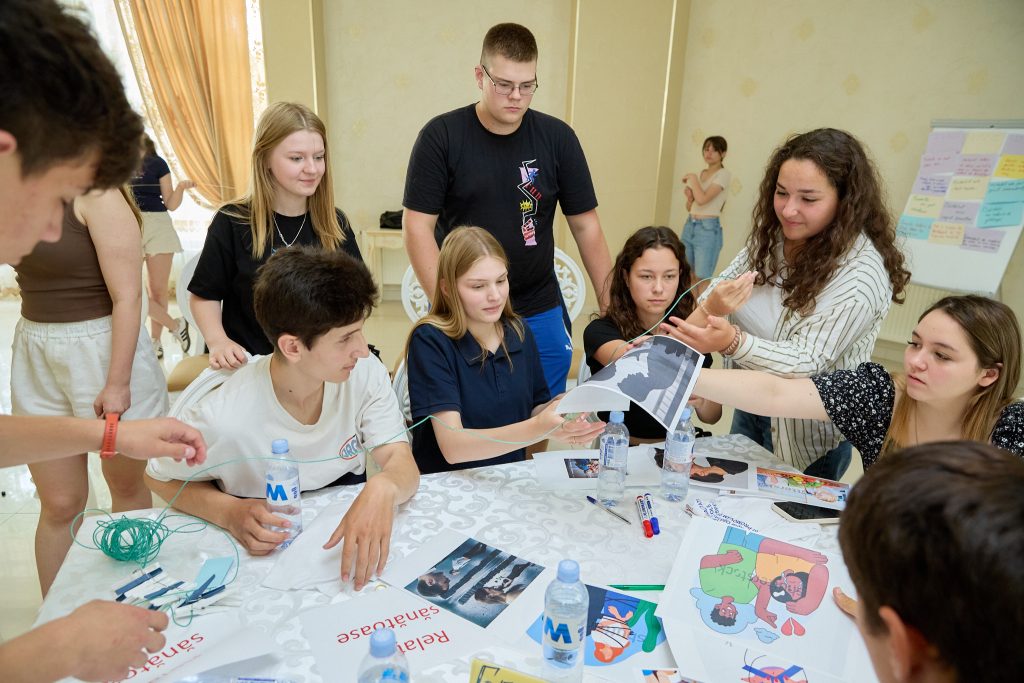
From Awareness to Action: The Young Generation Driving Gender Equality
Promoting healthy and balanced relationships is no longer a taboo subject for the new generation. On the contrary, young people want safe spaces for open dialogue where they can talk about their experiences, what respect in a relationship means, and how to recognize abusive behaviours that have long been normalized.
They know that flirting should never cross personal boundaries, that jealousy is not a sign of love, and that communication and consent are fundamental in any relationship. Instead of repeating harmful patterns, young people are choosing to challenge outdated norms and promote gender equality so that everyone can enjoy equal rights and opportunities — at home, in school, at work, and in society.
This information material was prepared under the second phase of the programme “Together Against Gender Stereotypes and Gender-Based Violence”, funded by the European Union and jointly implemented by UN Women and UNFPA. The content of this material is the sole responsibility of UN Women and UNFPA and does not necessarily reflect the views of the European Union.
